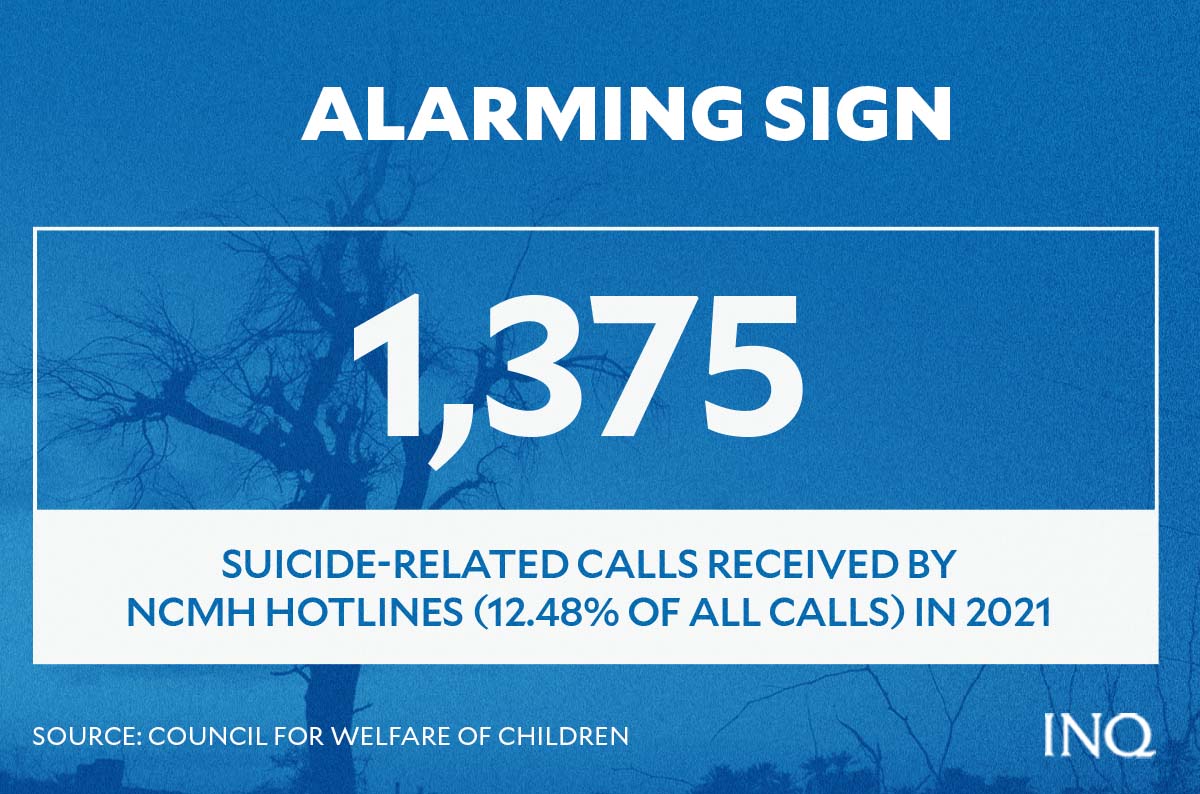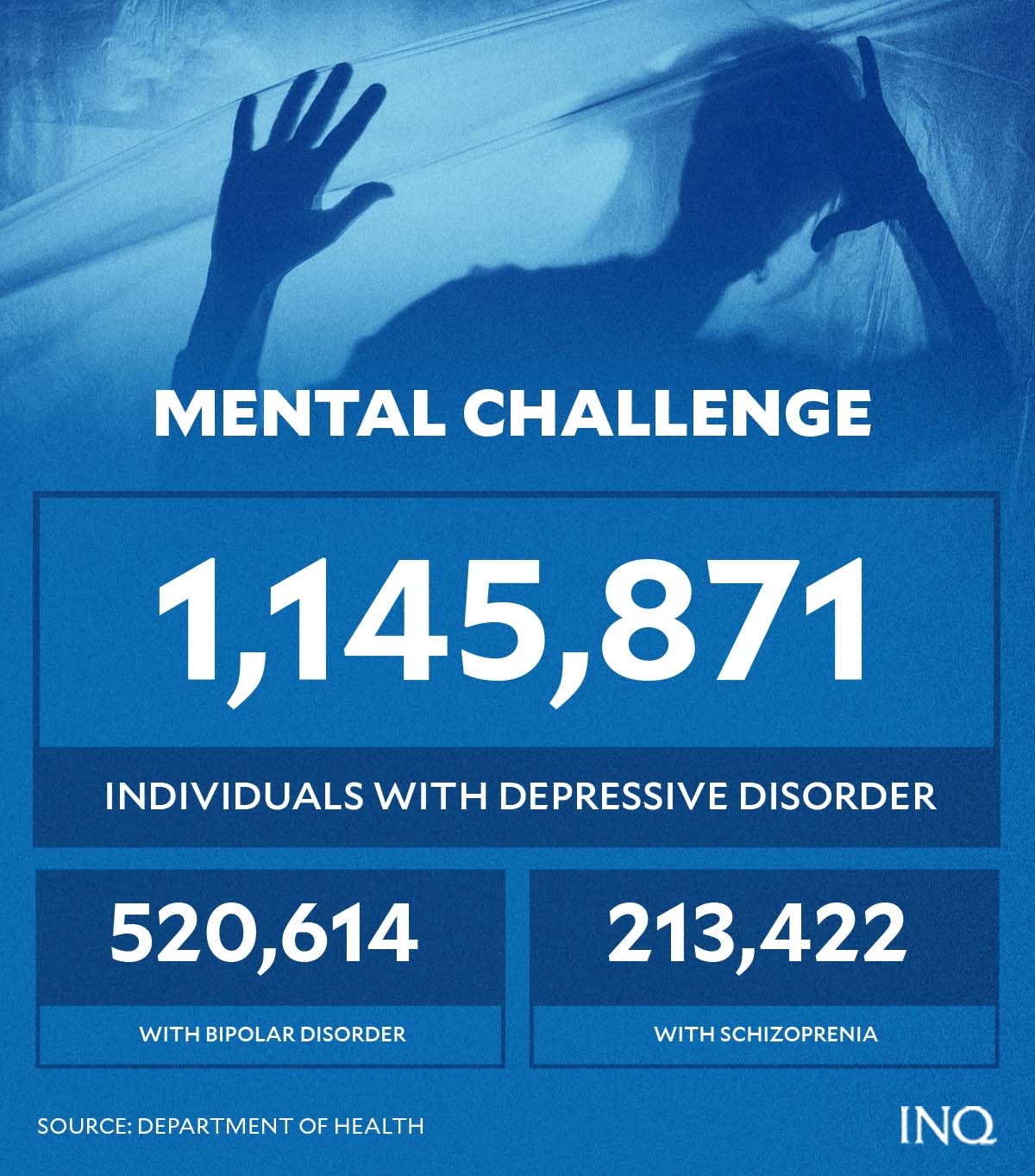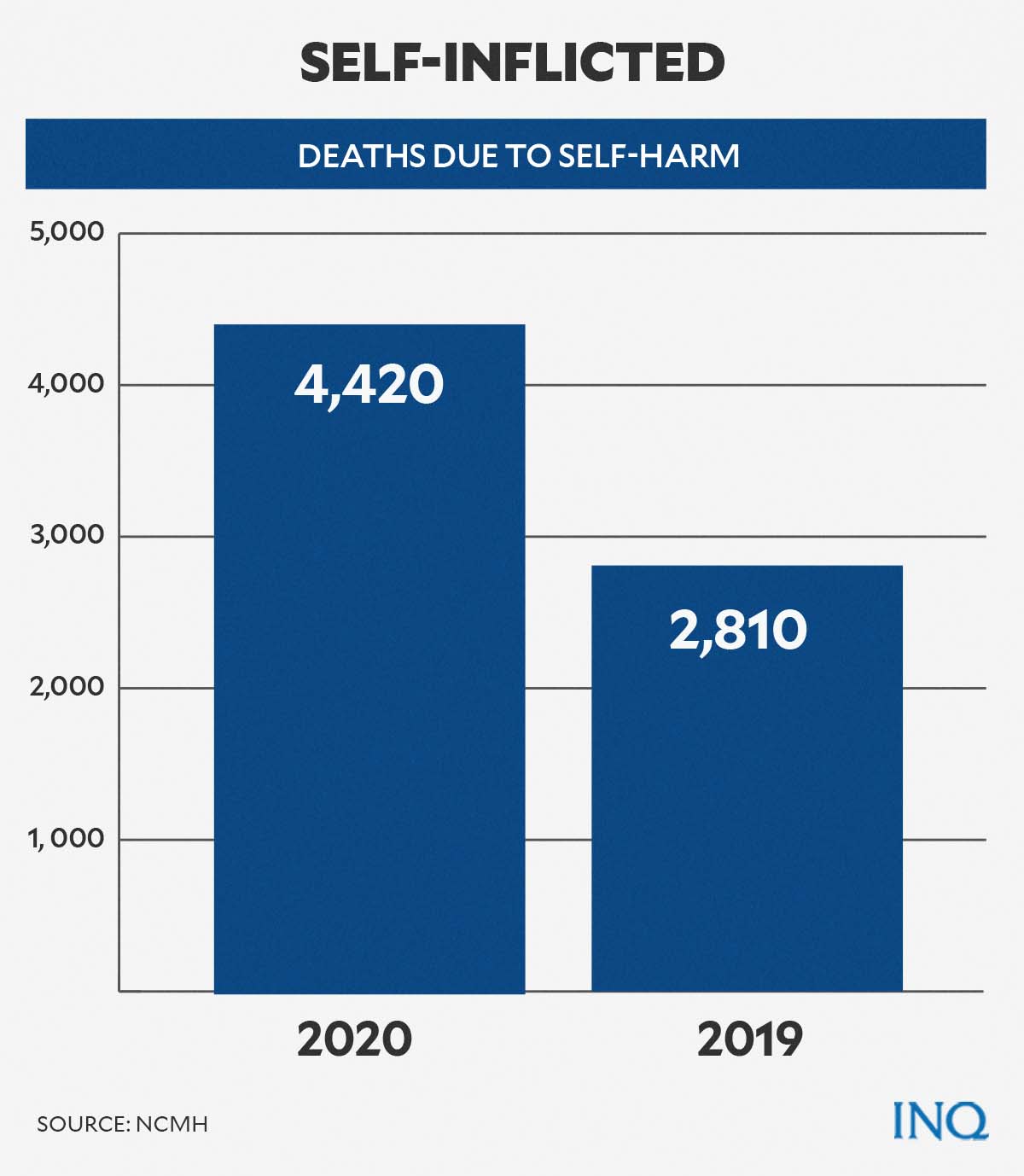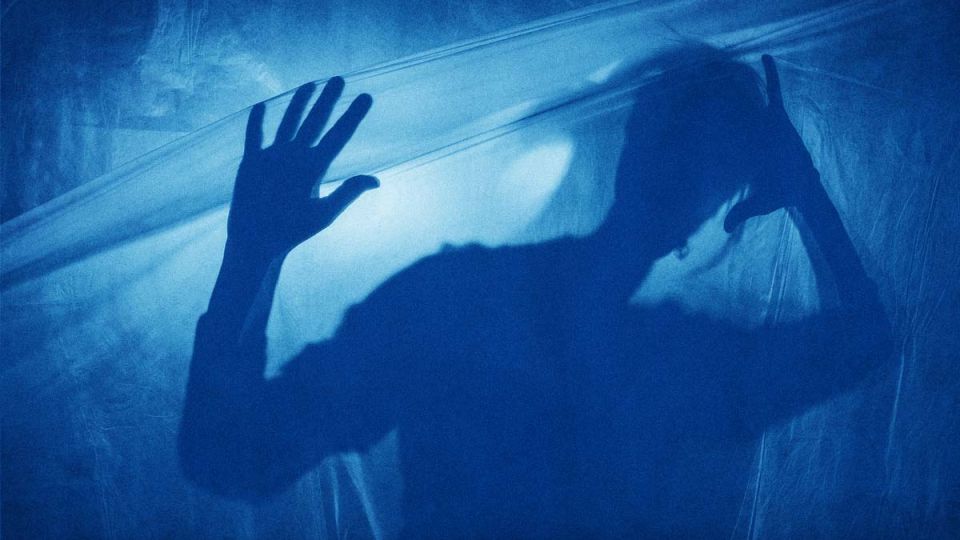January 25, 2022
MANILA — The observation this year of National Mental Health Week could not have come at a more relevant time.
National Mental Health Week—observed annually in the Philippines every second week of October—used to be held every January and September.
Mental health, as defined by the United States Centers for Disease Control and Prevention (CDC), is a person’s emotional, psychological and social wellbeing.
World Health Organization (WHO) said it is an “integral and essential component of health” which helps a person realize his or her own abilities to handle or cope with stress, relate to others, and make healthy choices.
In 1954, then-President Ramon Magsaysay signed Proclamation No. 37 and declared the third week of September of every year as National Mental Health Week.
“[A] sound mental health is necessary to the attainment of individual happiness and efficiency, to the establishment of peace and order, and to the promotion of economic and cultural progress,” the proclamation read.
However, the Magsaysay proclamation was revoked when former President Carlos P. Garcia signed Proclamation No. 432 in 1957 and moved the annual observation of mental health awareness to every third week of January of every year.
Proclamation No. 452, signed by then-President Fidel V. Ramos, superseded the 1957 proclamation in 1994.
Ramos’ proclamation stated that National Mental Health Week should be observed every second week of October of every year. This was the version that remained until now.
This coincided with the annual observation of World Mental Health Day held every October 10—designated by the World Federation for Mental Health (WFMH) nearly 30 years ago and recognized by WHO.
“First World Mental Health Day’s celebration has triggered more active international communications, which lead to a stronger cooperation worldwide among the participating organizations,” Proclamation No. 452 stated.
“[A] synchronized worldwide celebration will get more public attention and support for mental health work and it has become expedient to be more in accord with the celebration of the World Mental Health Day to change the date of celebration of the National Mental Health Week,” it added.
In observation of what used to be mental health week in the country, INQUIRER.net will try to discuss the mental health condition of many individuals in the Philippines—especially amid the ongoing COVID pandemic.
Battling mental health amid pandemic
As SARS-COV-2—the virus that causes COVID-19—spread across the world, people reported feeling afraid, worried, and stressed—all of which WHO explained were normal responses to perceived or real threats, especially at times of uncertainty.

Graphic: Ed Lustan
The University of the Philippines Diliman Psychosocial Services (UPD PsycServ) explained that the mix of emotions felt and experienced by many during the pandemic are normal.
According to Grazianne Mendoza, a registered psychometrician (an expert engaged in administering tests for patients with mild to severe brain injury), factors like quarantine, physical distancing, bad or negative news, lack of certainty, health risks, and the lack of supplies or basic needs amid the pandemic can make people go through so many emotions.

Graphic: Ed Lustan
The pandemic does not only trigger normal responses to threats, it has also triggered mental health conditions and exacerbated existing ones among many people.
“Many people may be facing increased levels of alcohol and drug use, insomnia, and anxiety,” said WHO.
COVID-19, WHO said, has increased the demand for mental health services worldwide.
The Philippines’ Department of Health (DOH), citing data from the WHO Special Initiative for Mental Health, said at least 3.6 million Filipinos suffer from one kind of mental, neurological, and substance abuse disorder in the early part of 2020.
Data presented by the National Mental Health Program (NMHP) showed at least 1,145,871 individuals in the country have depressive disorder, 520,614 with bipolar disorder, and 213, 422 said they have schizophrenia.
“This is an understatement,” said DOH NMHP head Frances Prescilla Cuevas.
“This is just a figure [that is] underreported because it only tackles a few of the conditions,” she added.

Graphic: Ed Lustan
Figures from several other studies further highlighted the impact of COVID-19 on the mental health of many individuals.
The DOH reported last year that the number of calls received by the hotlines of the National Center for Mental Health (NCMH) regarding mental health concerns—including suicide—has spiked during the pandemic.
During the first quarter of 2021, the NCMH provided assistance to 3,006 individuals who called its hotlines. Meanwhile, there were 867 suicide-related calls during the same period.


